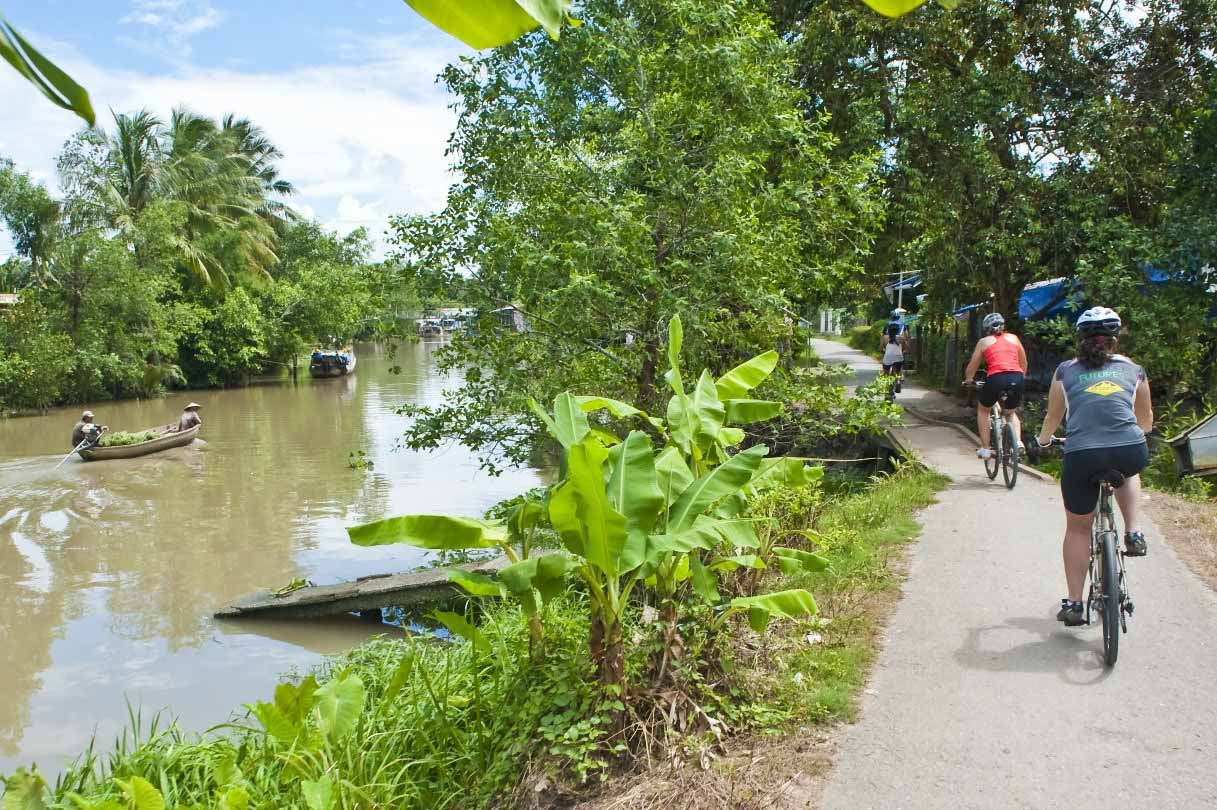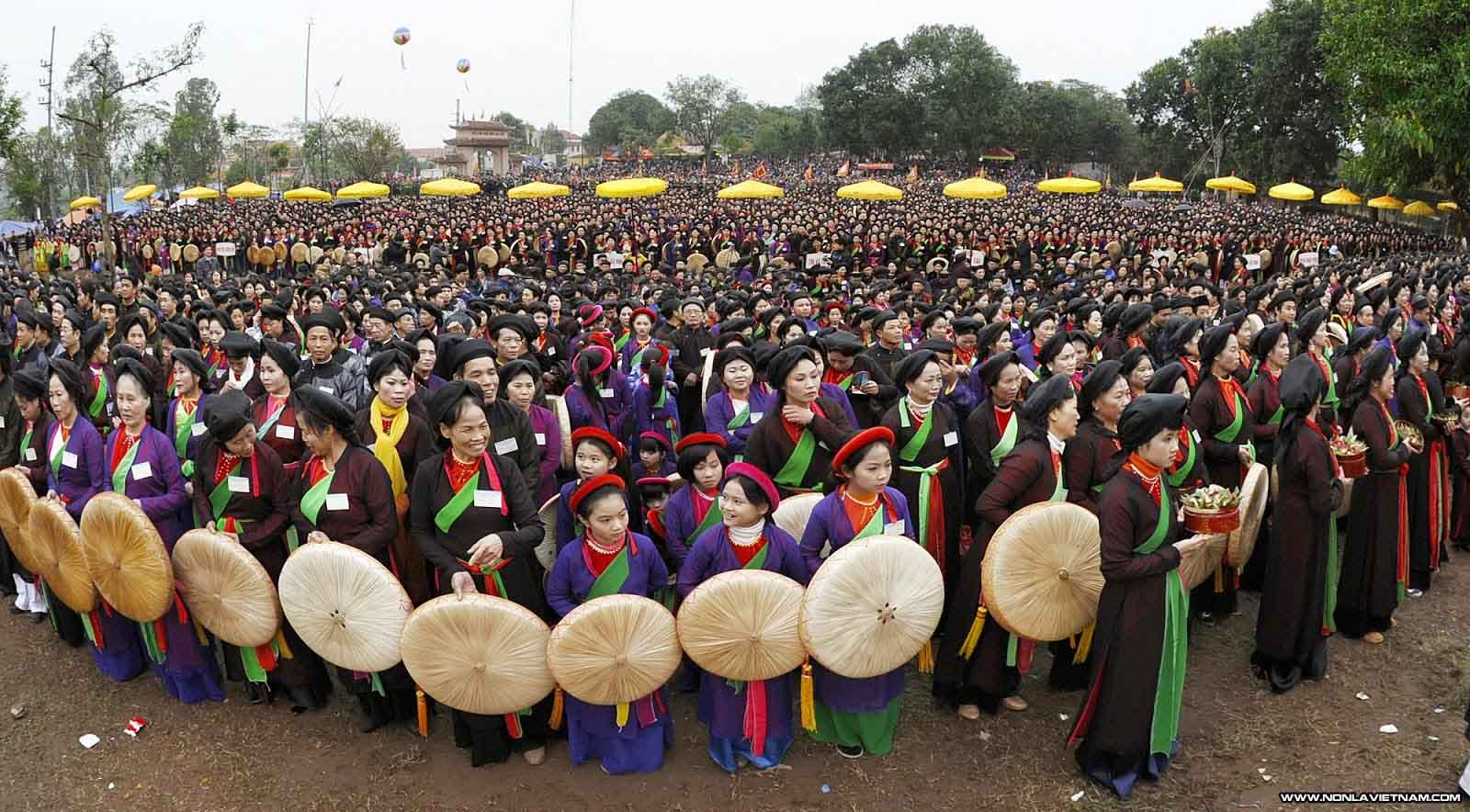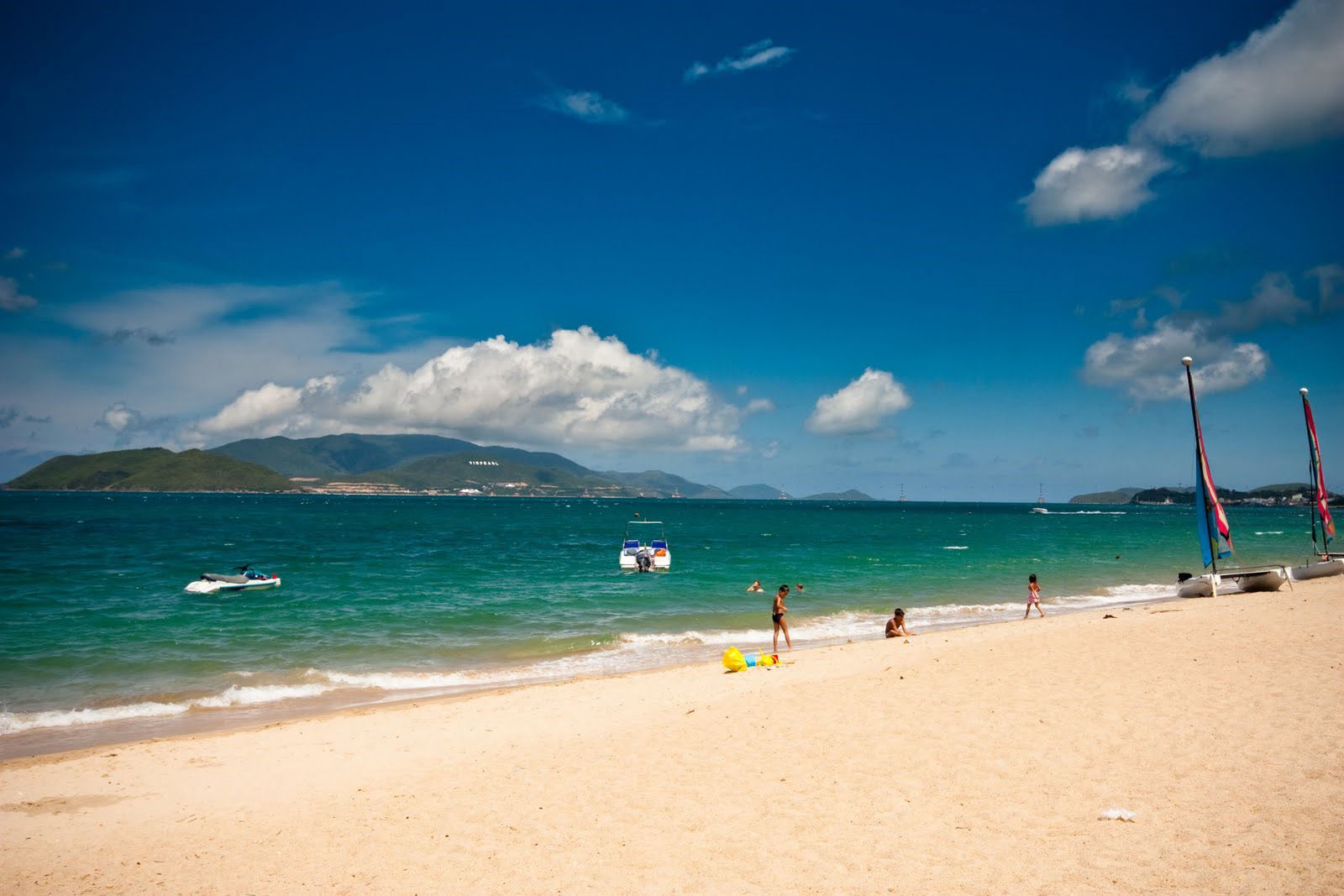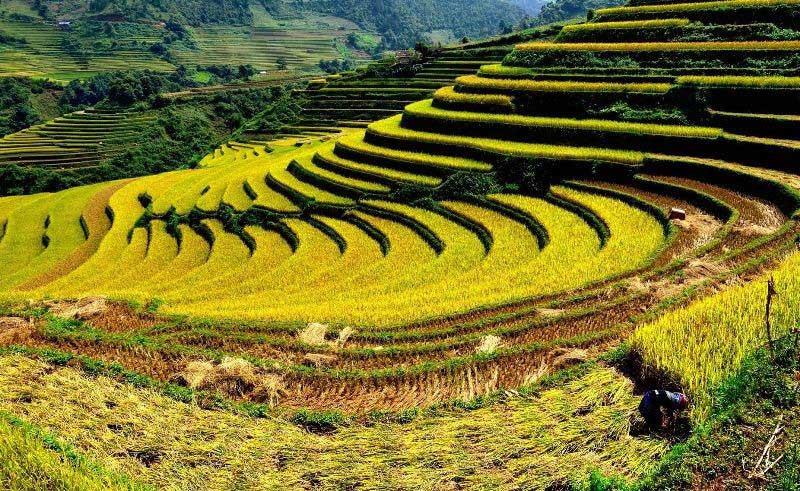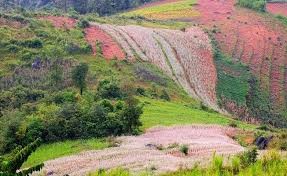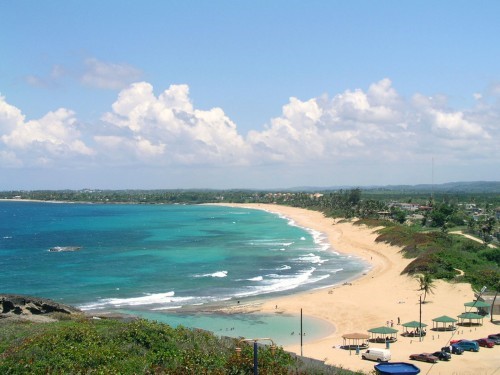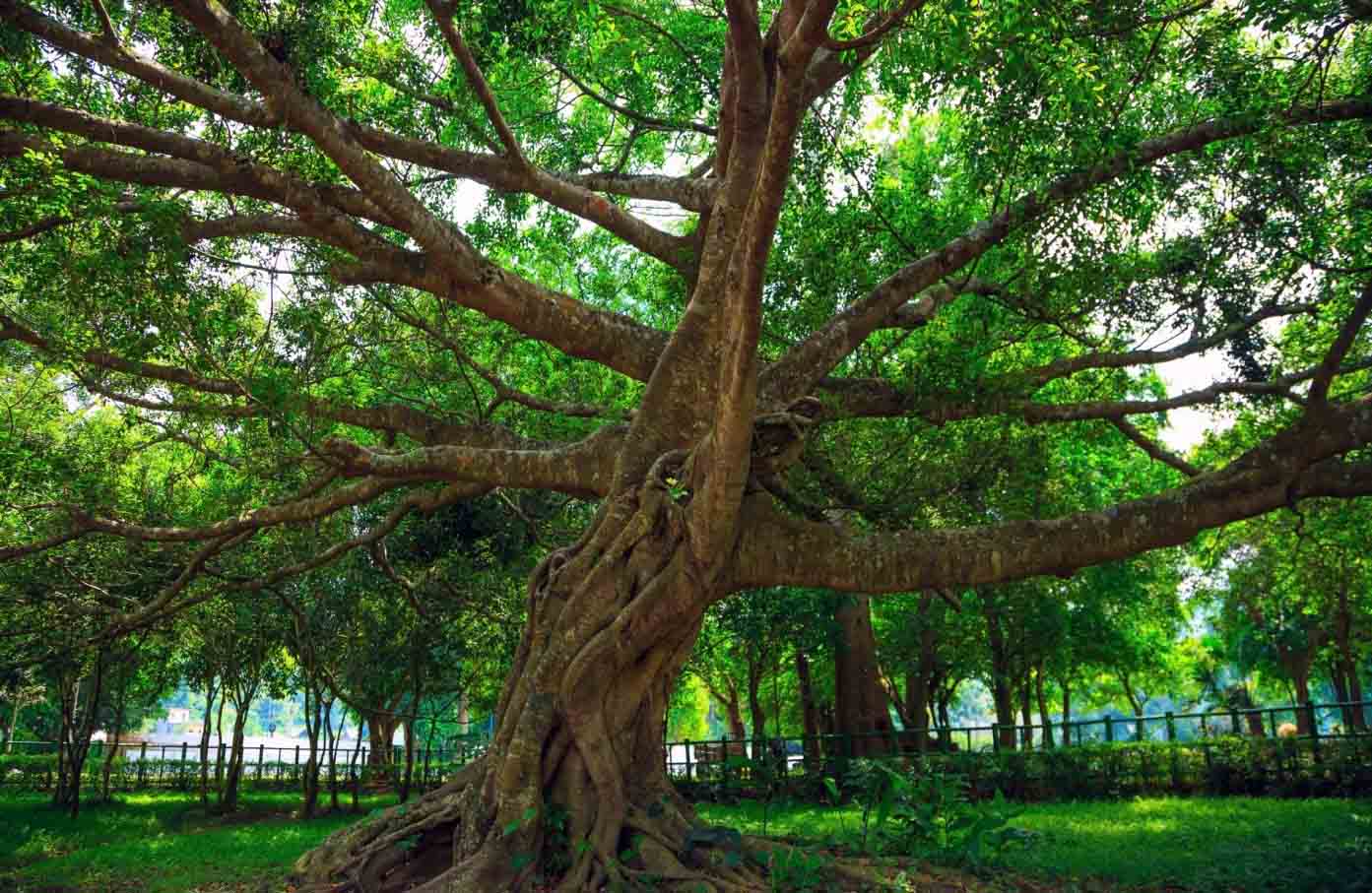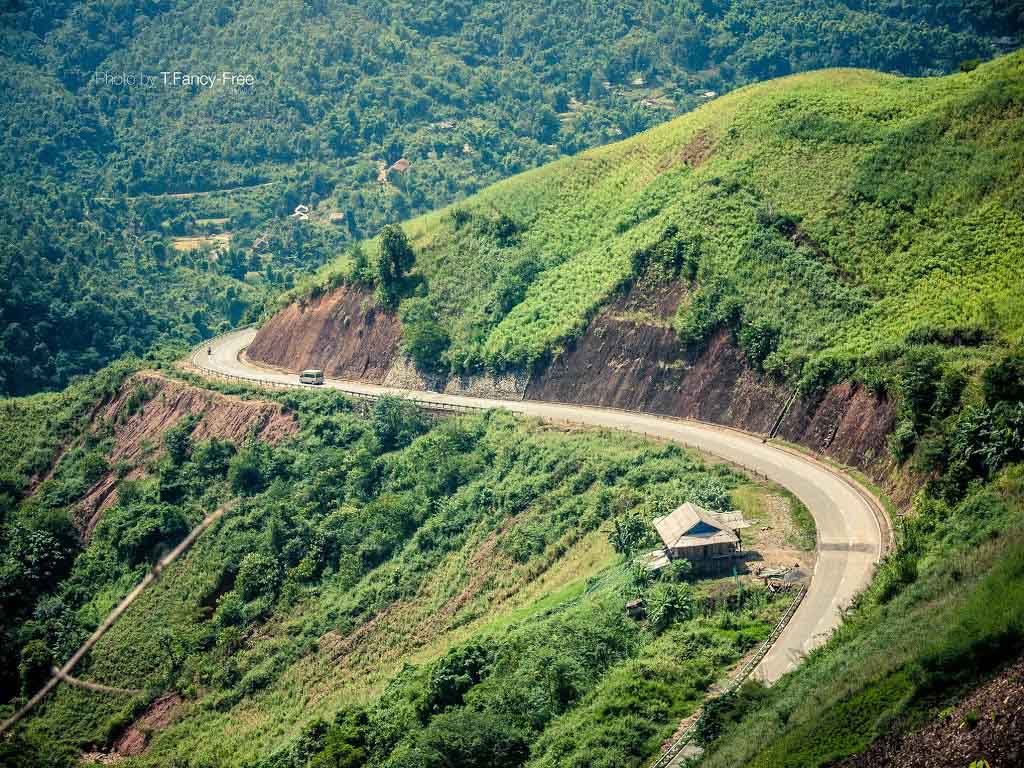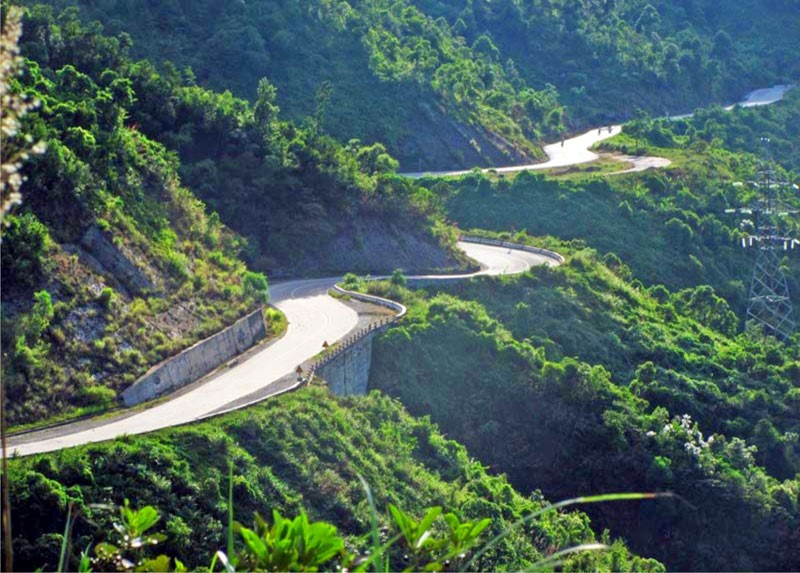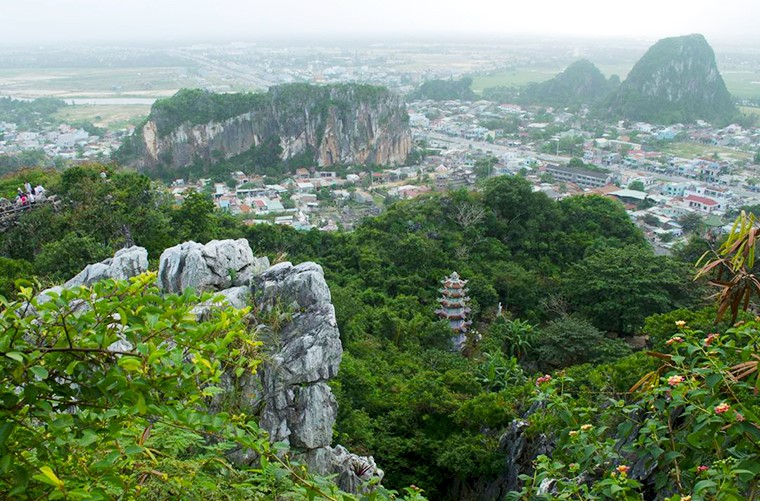Vietnam Essential Travel Information
Milestones of Vietnam history from the very first stages to neo-modern wars and emerging as a new economy in area
Located in the heart of South East Asia, Vietnam has been endowed with diverse types of terrain, beautiful landscapes, famous historical sites and rich culture of ethnic minorities, which make it become one of the most attractive destinations in the world. Most travelers to Vietnam are always inspired from the country’s stunning natural beauty, from the green fields in the north, pristine beaches along the country, to the fascinating bustle and hustle of the Mekong Delta in the south.
Natural Facts and Figures
Location: Southeastern Asia, bordering the Gulf of Thailand, Gulf of Tonkin, and South China Sea, alongside China, Laos, and Cambodia
Geographic Co-ordinates: 16 10 N, 107 50 E
Area: total: 331,210 sq km land: 310,070 sq km
Lowest point: South China Sea 0m
Highest point: Fansipan Peak at 3,144m
Coastline: 3,444 km (excludes islands) see Vietnam beaches
Climate: tropical in south; monsoonal in north with hot, rainy season (May to September) and warm, dry season (October to March) more Vietnam climate
Facts About the Nation
Population: 91,000,000 (July 2012 est.)
Capital: Hanoi (Ha Noi)
Official Languages: Vietnamese (official), English (increasingly favored as a second language), some French, Chinese, and Khmer
Government: Communist state
Religion: Buddhist 9.3%, Catholic 6.7%, Hoa Hao 1.5%, Cao Dai 1.1%, Protestant 0.5%, Muslim 0.1%, none 80.8% (1999 census)
Flag: red field with a large yellow five-pointed star in the center
Voltage: 127V/ 220V - Frequency: 50HZ
Socket: Two-pin (ungrounded) plug. The best investment is a universal AC adapter, which will enable you to plug it in anywhere without frying the innards.
Mobile technology: GMS (SIM card based devices)
International Calling Code: +84 guide on making phone and emergency numbers
Timezone: UTC +7 hours
Office working hours
A normal working day in Vietnam starts from 7am 8.30am and finish between 4.30pm to 6pm, from Monday to Friday and until noon on Saturday, leave the afternoon (most) and Sunday off. Post offices keep open longer till 9pm.
Lunch is taken very seriously and virtually. People stops for lunch from noon till 1.30pm. Government workers tend to take longer breaks, so figure on getting nothing done between 11.30am and 2pm.
Banks open for transaction from 8.30am to 3.30pm and Saturday’s morning from 08.30 – 11.00AM.
Museums also open in the weekend for visitors but mostly close on Monday.
Temples and pagodas open every day, from around 5am to 06.00pm.
Local markets open at 05.30am and close at 07.00pm, except Night market (from Hang Dao Str. to Dong Xuan market – walking streets, in the evening of Friday, Saturday and Sunday, 8pm to 3am)
Super-markets (mini-marts) open from 09.00am to 9.30pm.
Most private shops, restaurants and street stalls stay open seven days a week, often until around 09.30pm – 10.30pm
Restaurant, café often opens from 09.00am – 09.30pm. Bars and night clubs generally open in the afternoon and to midnight (official closing time) but often stay till to 02.00 - 03.00 am (most)
National holidays
During these following time, most of Banks, Offices are closed. Especially in Tet holiday, the major restaurant, café, local markets, super markets and museums are closed too. Please check with us if you intend to travel during Tet holiday.
- 01 January - New Year’s Day (Tet Duong Lich)
- 30 Lunar Dec – 03 Lunar Jan (Western calendar is in different dates each year) - Tet holidays
- 10 Lunar March (Western calendar is in different dates each year) - King Hung Festival
- 30 April - Liberation Day, Giai Phong Saigon - the day on which Saigon surrendered – 1945
- 01 May - International Labour’s Day (Quoc te Lao Dong)
- 02 September - Independent Day (1945)
Post Office and Postal Services
Post Office ("Buu Dien" in Vietnamese) appears in every city, town, village and rural sub-district, opens from 6.30am to 9pm, including weekends and public holidays. International postal rates are similar to those in European countries.
Items mailed to international destinations: regular service takes a month, airmail service takes five to ten days, express-mail service (EMS) takes less than 5 days and everything is registered.
FedEx, DHL and UPS are reliable for small parcels or documents and available in Hanoi and Ho Chi Minh City.
Receiving even a small package from abroad can cause a headache, and large ones will produce a migraine. If the parcel contains books, documents, video tapes, computer disks or dangerous goods, it’s possible that a lengthy inspection will be required, which could take anywhere from a few days to a few weeks.
Internet access via Wire, Wireless and 3G
Today the Internet is widely available throughout towns and cities in Vietnam, including dial-up (VNN1260 or VNN1269) and ADSL (MEGA VNN). ADSL services are using in most hotels, guesthouses and cyber cafés while dial-up services can be used through telephone line.
Wi-Fi is mostly free in mid-range hotels, restaurants, café or shopping malls in main cities. In luxury hotels, Wi-Fi in public area such as lobby, business center is mostly free, however, in-room Wi-Fi can generate a rather “amazing” bill. Please ask receptionist carefully before using.
It’s easy to access internet with your mobile devices with 3G SIM card – that is as cheap as 75.000-100.000vnd (3.5 – 5$). You should register for 3G packages supplied by service providers otherwise your account can be run out of very quickly. There are 3 main providers in Vietnam: Vinaphone, Viettel and Mobiphone. The quality is slightly different. Know more about phone network
3G speed in Vietnam is good enough for web surfing, mail checking, facebook access but not for Video watching or downloading big files. There is no 4G technology yet.
Tipping and Donations
Tipping is not expected in Vietnam but it is enormously appreciated. You should consider tipping guides, drivers, and staffs at hotels or restaurants if they have done good jobs.
How much you should tip? It’s up to you and depended on the situation. A good guide normally receives US$5-10/passenger or more per day. A good driver gets US$3-5/passenger daily, bellman at hotels often get US$ 2-3$, cyclo drivers often get US$ 1-2.
It’s considered proper to make a small donation at the end of visit to a pagoda; most pagodas have contribution boxes for this purpose, the currency should be local one (see Vietnamese currency guide)
THINGS SHOULD DO
- Store your cash, credit cards, airline tickets and other valuables in a safe place. Most 4-star hotels have in-room safes, otherwise ask the reception to keep your valuable things in their deposit facility.
- Take a hotel business card from the reception desk before venturing out from your hotel. This will make your return to the hotel in a taxi or cyclo much easier.
- Carry a roll of toilet paper in your daypack on long excursions from your base hotel. You never know when you might need it!
- Dress appropriately. Not only for the prevailing weather, but also not to cause offence to the local people. Vietnamese have conservative dress codes, and it is only in larger cities that these codes are a little more relaxed. Do not wear revealing clothing.
- If invited into a home, always remove your shoes at the front door when entering.
- Ask for permission when taking a photograph of someone. If they indicate that they do not want you to, then abide by their wishes. DO NOT offer money or push the issue.
- Drink plenty of bottled water. During the summer months you should be drinking a minimum of two liters per day. If you drink tea, coffee & alcohol you should increase you water intake accordingly as these will help to dehydrate you.
THINGS SHOULDN'T DO
- Never carry more money than you need when walking around the streets. Do not wear large amounts of jewelry. There are two reasons for not doing this:
(1) It is considered impolite to flaunt wealth in public;
(2) It is more likely that you may become a victim of a pickpocket or drive-by bag snatcher. - Don't be paranoid about your security, just be aware of your surroundings.
- Don't wear singlets, shorts, dresses or skirts, or tops with low-neck lines and bare shoulders to Temples and Pagodas. To do this is considered extremely rude and offensive.
- Avoid giving empty water bottles, sweets and candies or pens to the local people when trekking through ethnic minority villages. You cannot guarantee that the empty bottles will be disposed of in a correct manner, and the people have no access to dental health. If you want to give pens, ask your guide to introduce you to the local teacher and donate them to the whole community.
- Never sleep or sit with the soles of your feet pointing towards the family altar when in someone’s house.
- Never lose your temper in public or when bargaining for a purchase. This is considered a serious loss of face for both parties. Always maintain a cool and happy demeanor and you will be reciprocated with the same.
- Do not try to take photographs of military installations or anything to do with the military. This can be seen as a breach of national security.
- Never take video cameras into the ethnic minority villages. They are considered to be too intrusive by the local people.
The above advice is meant to help you have a perfect trip to Vietnam. Do not be overly paranoid though. Generally, Vietnamese people are very appreciative if they see you trying to abide by the customs, and very forgiving if you get it wrong or forget. If you make the effort, you will be rewarded.
Vietnamese typical foods - enjoy our heaven of taste with delicious cuisine. Tips for enjoying street foods at very cheap prices
Air travel to, from and within Vietnam - a brief guide to travel by air
Visa and custom regulations to Vietnam - obtain Visa to Vietnam, Visa Exemption list and formalities checking in Vietnam
More guide...
Responsible Travel
Asia Travel News


